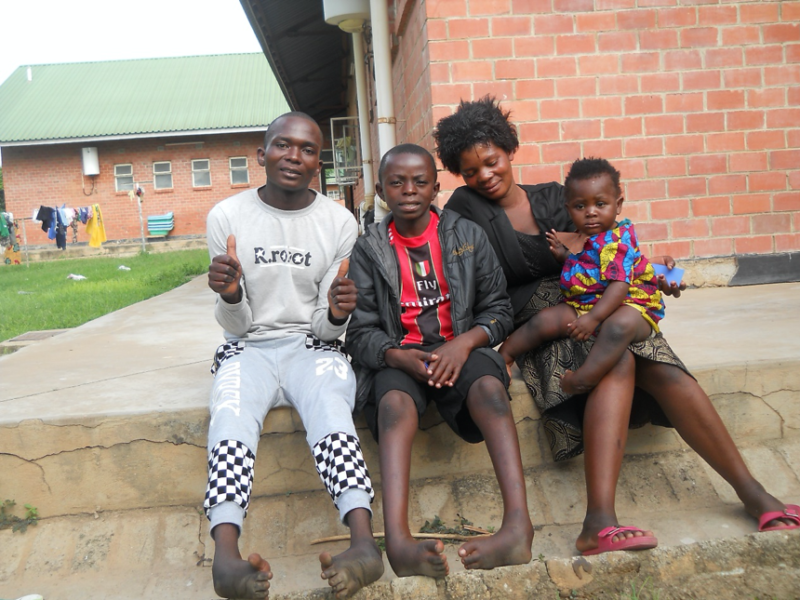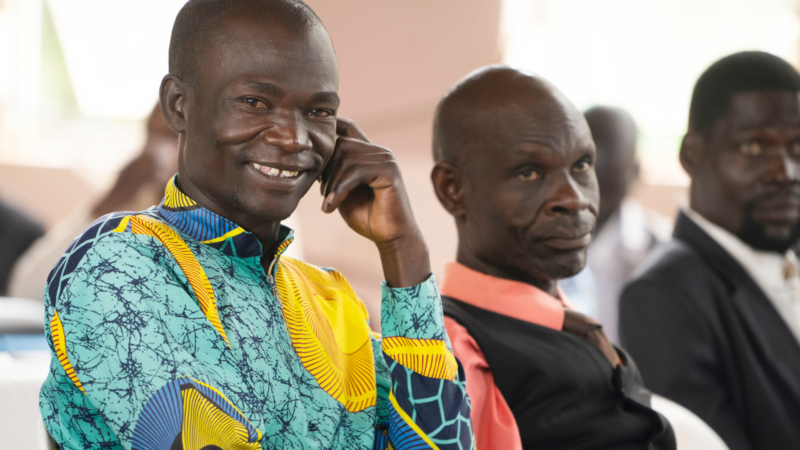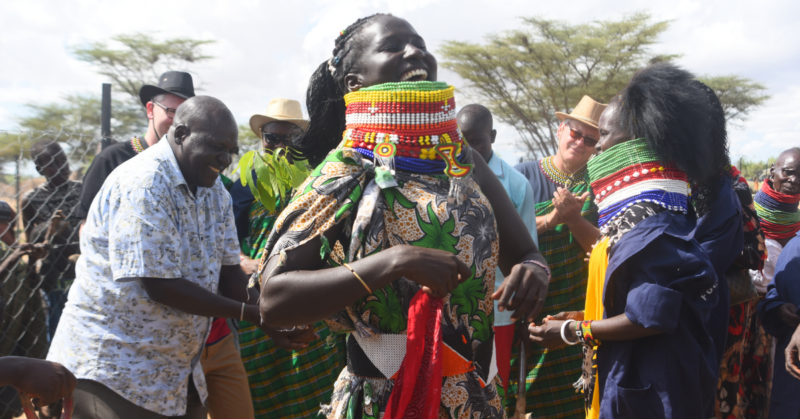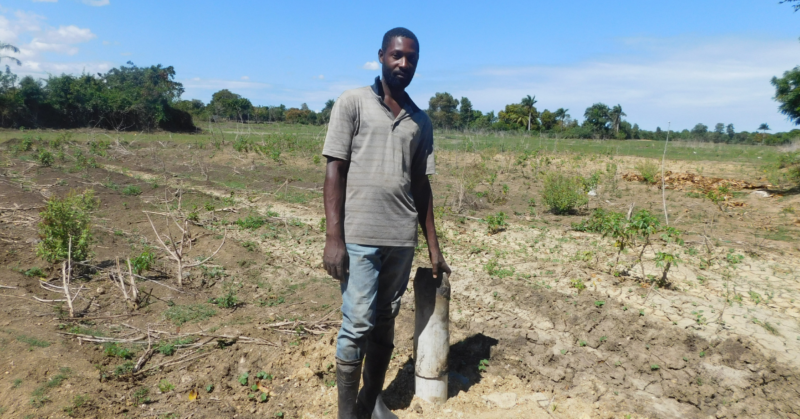Thousands of children are branded by these labels and bound by their chains, even though their medical needs are treatable and oftentimes free! This was the fate of twelve-year-old Obed before he met Ivor. Ivor is a Bright Hope partner who seeks out kids with clubfeet, identifies those who are good candidates for reconstructive surgery and then accompanies them to and from the hospital.
Obed lives in Chinsanka, one of the last villages on the Zambian mainland that juts down into the Bangweulu wetlands. We are not quite sure why, but this area has abnormally high numbers of clubfeet and rickets* cases. Even while we were visiting Obed, two other children with bowed legs were brought in.
Obed was soon recognized as a good contender for a life-altering treatment. He was living a life of limitations and exclusion from the things that make childhood meaningful—like going to school, socializing with other kids and helping his family with household chores.
Because of his disability, he was not able to travel to school to get an education, sealing his fate for a bleak future. In addition, even though clubfeet are quite common in his community, he was often mocked and ridiculed by the other children—his would-be friends and classmates. Life in Zambia is hard, but life is unnecessarily hard for children like Obed who are born with a physical deformity.
As children age, their bones harden to a point where they can no longer be straightened, but at just twelve years old, Obed’s bones were still moldable, giving him reason to anticipate the best possible outcome. With hopes held high, the process of treatments and trips to the hospital in Lusaka began.
In 2019, Obed took the last of several long, arduous trips to Lusaka to complete his treatment. Because he had a double clubfoot, his treatment took almost two years. It was a slow process, but one he states was worth it. He is no longer teased by the other children and finally feels ready to enroll in the local school, about a mile and a half walk each way that previously was not possible for him.
Although common and debilitating, neither clubfeet nor rickets are considered urgent medical needs. And that is where the problem lies—with the government failing to help these children (although they are supposed to provide health care) and with parents, who in most cases, are too burdened by the legitimate weight of poverty to consider what could be done to help their child’s deformity. Little do they know there is an elective surgery available that could change their child’s life, which many times can be done for free.
These children just need someone to take the time to go out into the swamps and remote villages to find them, provide the logistics and transport for them. And thankfully, that’s where Ivor and Bright Hope fill the gap.
By the time these children are old enough to look after themselves, it is usually too late to do anything. We can literally change the course of a child’s life just by finding them, identifying their need for treatment and transporting them back and forth to the hospital.
And in the understated words of Obed, “It’s worth it!”




